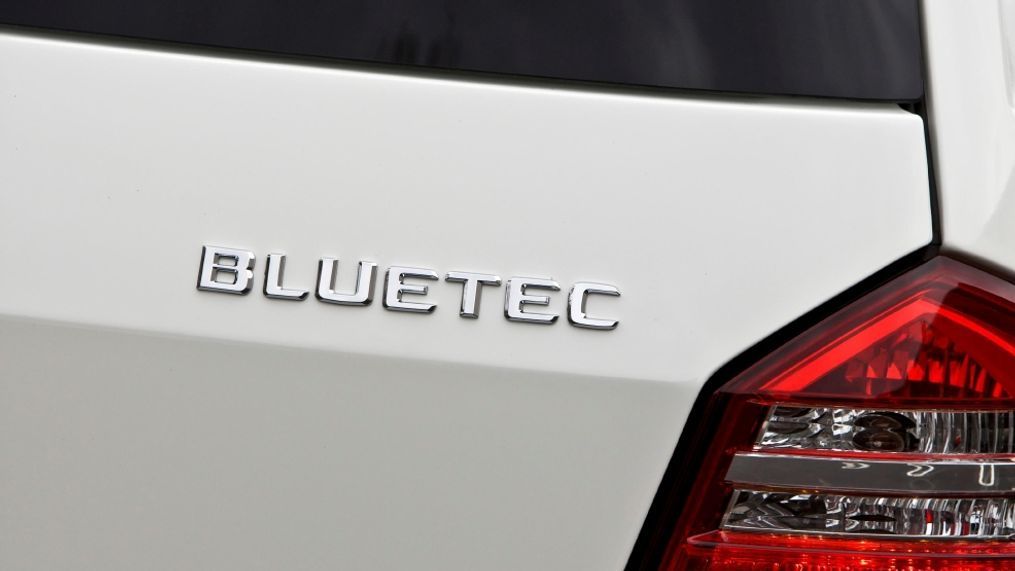Mercedes-Benz may stop selling diesels in U.S.

TOPICS:
BlueTECVolkswagenIn the wake of the Dieselgate crisis, selling diesels has become a dicey proposition--and not just for Volkswagen. The debate around diesels has been especially heated in the U.S., which has some of the planet's strictest emissions regulations and where diesels have never really caught on anyway.
Some automakers have said that they'll keep trying to sell diesels in America after Dieselgate dies down, but Daimler subsidiary Mercedes-Benz may be throwing in the towel for good.
NO PROGRESS
Like other manufacturers of diesel vehicles, Mercedes-Benz has been accused of illegal activity since Dieselgate began making headlines in September 2015. In April 2016, owners of Mercedes-Benz BlueTEC diesels filed suit, claiming that Mercedes had installed defeat devices of its own.
Around the same time, the Environmental Protection Agency launched an investigation of those vehicles. Ultimately, it declined to approve any Mercedes diesels for sale in the U.S for the 2017 model year. To this day, the fate of the company's diesels remains in doubt.
At this week's New York Auto Show, the president and CEO of Mercedes-Benz USA, Dietmar Exler, said that discussions with the EPA are ongoing. He also noted that Mercedes hasn't decided whether to relaunch diesel sales in the U.S.
If it pulls the plug on those vehicles, it won't be the first company to do so. That dubious honor goes to VW, which announced last November that it had no plans to sell diesels in the U.S. ever again. (VW's upscale sibling, Audi, hasn't gone quite that far, but it's only got one American diesel in the works.)
FUTURE EFFECT
Ending diesel sales wouldn't be a death blow to Mercedes' U.S. operations--not by a long shot. In previous years, diesels accounted for just two or three percent of the company's sales in the country. That's far fewer than the 20 or 25 percent of sales volume that Volkswagen diesels claimed.
What's more, like a lot of automakers, Mercedes-Benz has plenty of new models in the pipeline, including some high-tech head-turners. Of particular note: within the next eight years, the company expects to have seven or eight new electric cars in its U.S. portfolio. Could those make up for the potential loss of diesels? Stay tuned.
Note: For purposes of clarity, "Volkswagen" has been used to refer to the Volkswagen Group parent company, while "VW" has been used to refer to the company's popular mass-market brand of automobiles.
Read more from Internet Brands Automotive:
- 2018 Dodge Demon delivers 840 horsepower, does 0-60 in 2.3 seconds
- Hellcat-powered 2018 Jeep Grand Cherokee Trackhawk arrives with 707 horsepower
- 6th-gen Camaro Trans Am conversion comes packing 1,000 horsepower
- Dodge can't stop dealers from pricing Demons above MSRP, but is taking some measures
- 2018 Lincoln Navigator debuts at 2017 New York auto show
- 2018 Buick Regal video preview
